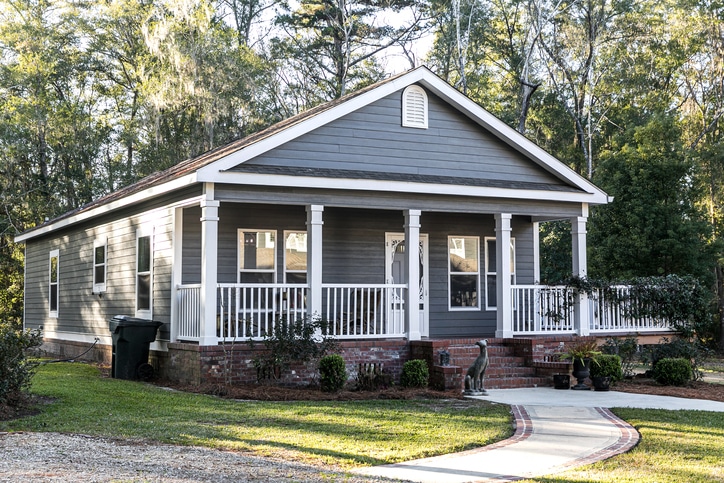
A drafty house in the winter is more than a nuisance. It’s also costly. Pushing the thermostat setting higher to compensate for cold drafts in certain areas of the home is not the most efficient use of your heating system. The system cycles on and off more frequently, and monthly expenses rise. Living with the discomfort of chilly air currents that often seem to come from nowhere is an ongoing annoyance. However, the causes of a drafty home aren’t a mystery, and a solution is usually very achievable. Here are some ways to resolve such issues.
Understand the source.
Cold indoor drafts are triggered by a natural process known as the “stack effect.” Warm indoor air rising and escaping into the attic or outside forms a continuous upward air current that creates a lower pressure zone indoors. This sucks cold outdoor air into the house through existing gaps and cracks in the structure. These frigid drafts are very conspicuous inside an otherwise warm indoor environment.
Interrupt the flow.
Stop the upward current of hot air by closing openings that allow indoor air to escape into the attic or outdoors. Seal openings in the ceiling such as gaps around light fixtures and exhaust fans in the kitchen and bathrooms, attic-access stairs, and penetrations where pipes or cables enter the attic. Seal the long joint between the ceiling and the walls. Also, if you haven’t had your attic insulation evaluated recently, get it inspected by a qualified HVAC contractor.
Keep cold air outdoors.
Close the entry points down lower where cold air is drawn into the house, including:
- Replace worn weatherstripping around doors and windows.
- Check for worn-out door sweeps under exterior doors.
- Replace lost or deteriorated caulking in window frames.
- Install gaskets in electrical outlets located in exterior walls.
- Check the fireplace damper to confirm that it closes completely.
- Apply caulking to the gap where the baseboard meets the floor if the opening is 1/4” or less. To fill a larger gap, use spray foam.
For more solutions to a drafty house this winter, consult the experts at Jackson & Sons.

